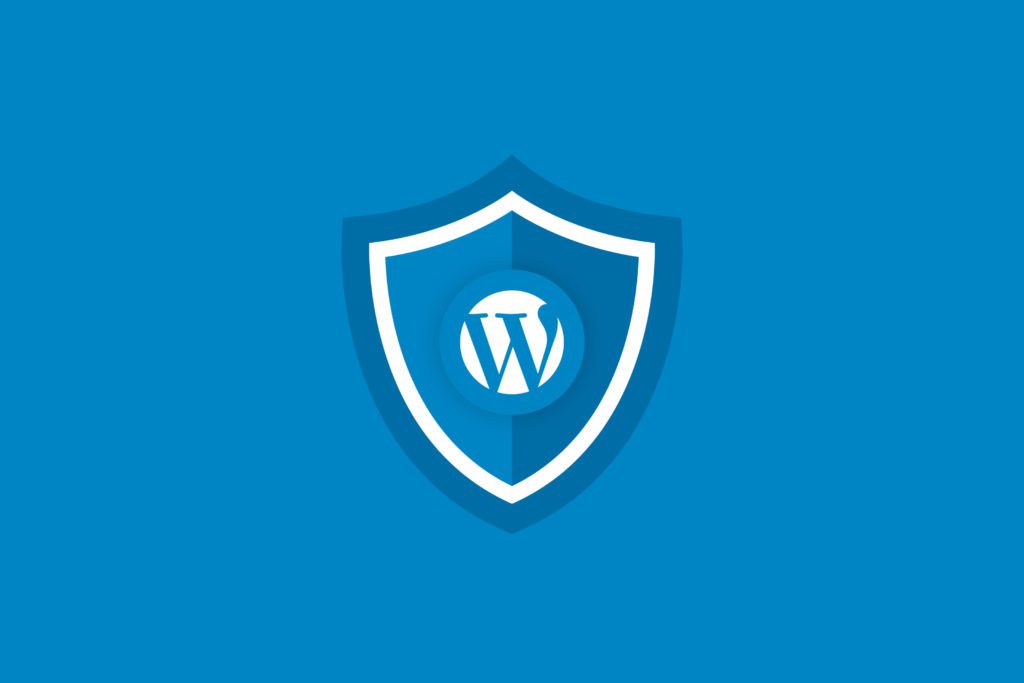Essential WordPress Security Plugins: Protecting Your Website in 2024

The world of website platforms can unfortunately be a perilous place, and WordPress websites, despite their popularity, are prime targets for cybercriminals. To protect your online domain, a robust security strategy is essential. This involves a combination of reliable plugins and diligent security practices. Let’s walk through the most secure WordPress plugins and practices we use to keep our WordPress clients operating safely and securely.
Fortifying Your WordPress Fortress
Several plugins stand as formidable guardians of your WordPress site. Wordfence Security, a stalwart in the industry, offers a comprehensive suite including a web application firewall (WAF), malware scanning, and robust login protection. Solid Security, formerly iThemes Security, provides a similar level of protection with additional features like file change detection and database backups.
For those seeking a free option, All-In-One WP Security & Firewall offers essential security features. Sucuri Security is renowned for its malware scanning, website firewall, and post-hack security actions. Lastly, Security Optimiser, developed by SiteGround, focuses on core security elements like two-factor authentication and system folder protection.
Essential Best Practices
While security plugins are your first line of defence, they are only a part of your website security strategy. Implementing these best practices is crucial for a truly secure WordPress site:
Stay Updated
Regularly update WordPress core, themes, and plugins to patch vulnerabilities exploited by cybercriminals. Neglecting updates is a common security oversight.
Password Manager
Create strong, unique passwords for all user accounts and enable two-factor authentication. Avoid using easily guessable information and consider using a password manager.
Lockdown Logins
Limit login attempts to deter brute force attacks, a common tactic used by hackers. Consider implementing a lockout system after a certain number of failed attempts.
Malware Scanning
Regularly scan your website for malware and remove any detected threats promptly. Tools like those offered by your security plugins can automate this process.
Firewall Fortification
Implement a web application firewall to filter and block malicious traffic before it reaches your site. This is an essential layer of protection against common web attacks.
Secure Backup
Create frequent backups of your website and database and store them securely off-site. This is crucial for recovery in case of a breach or data loss.
User Activity Monitoring
Keep a close eye on user actions to detect any anomalies or suspicious behaviour. Consider using security plugins with advanced monitoring features.
Hide Your WordPress Version
Conceal your WordPress version to prevent attackers from exploiting known vulnerabilities. This small step can make a significant difference in your site’s security posture.
Choose a Secure Host
Opt for a reputable hosting provider with robust security measures in place. This includes features like SSL certificates, DDoS protection, and regular security audits.
Holistic Security Considerations
Your website can never be too safe, right? Atop your security plugins and consistent safe practice routine, your defence strategy needs to stay robust, current and rounded.
Limit user permissions to essential functions, minimising the potential damage from a compromised account. Employ HTTPS encryption to protect sensitive data transmitted between your website and users. Regularly conduct security audits to identify vulnerabilities and implement necessary countermeasures. Consider using automated vulnerability scanning tools for efficiency.
Employee education is often overlooked but is a critical component of website security. Train your team on cybersecurity best practices to prevent human error, a common entry point for attackers. Lastly, develop a comprehensive emergency response plan to address security breaches effectively. This includes steps to contain the damage, restore operations, and communicate with affected parties. By combining robust security plugins with these additional measures, you significantly enhance your website’s resilience against cyber threats.
Want to Feel Fully Secure?
By combining robust security plugins with diligent security practices, you can significantly enhance your WordPress website’s protection against cyber threats. Remember, cybersecurity is an ongoing process, so stay informed about the latest threats and adapt your security measures accordingly.
We don’t like to scare website owners, but the unfortunate truth is there are a variety of security breaches that can happen to any website any day – if they’re not protected. Speak to our experts about how you can fortify your WordPress website and digitally operate safely and securely.

